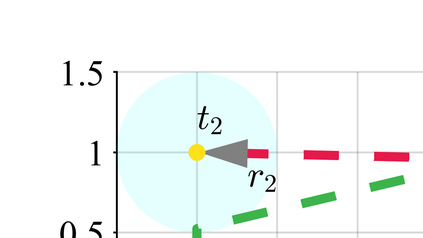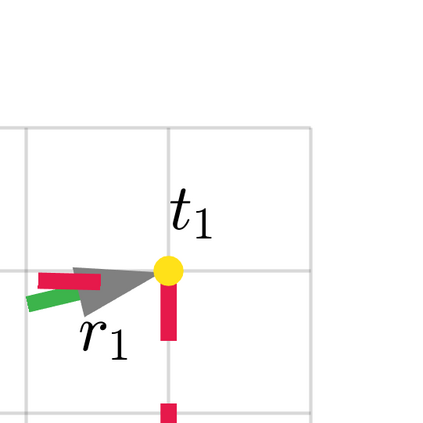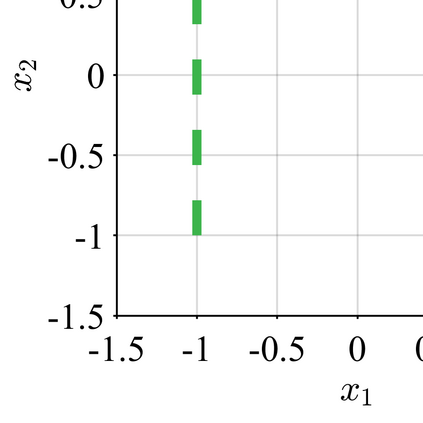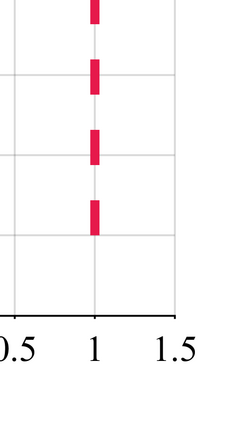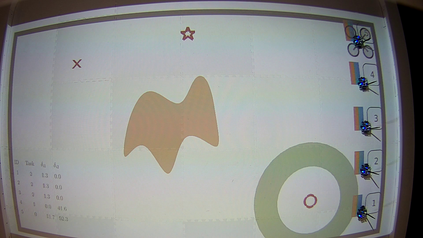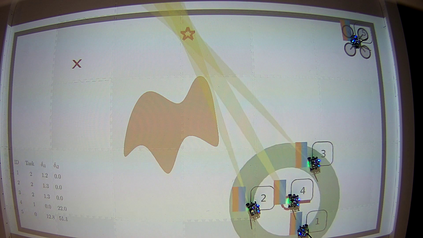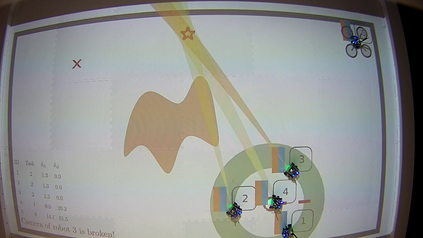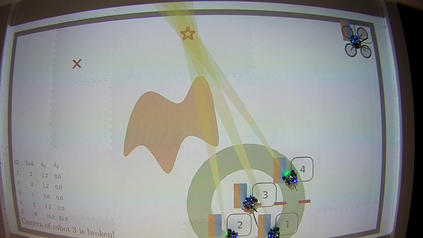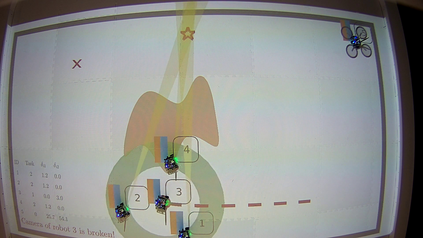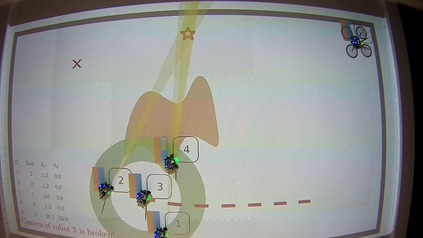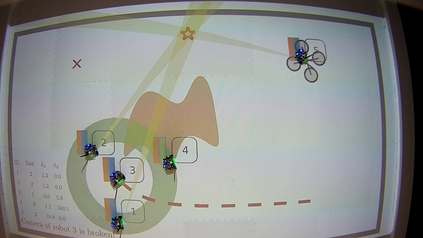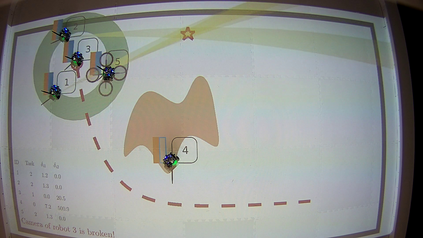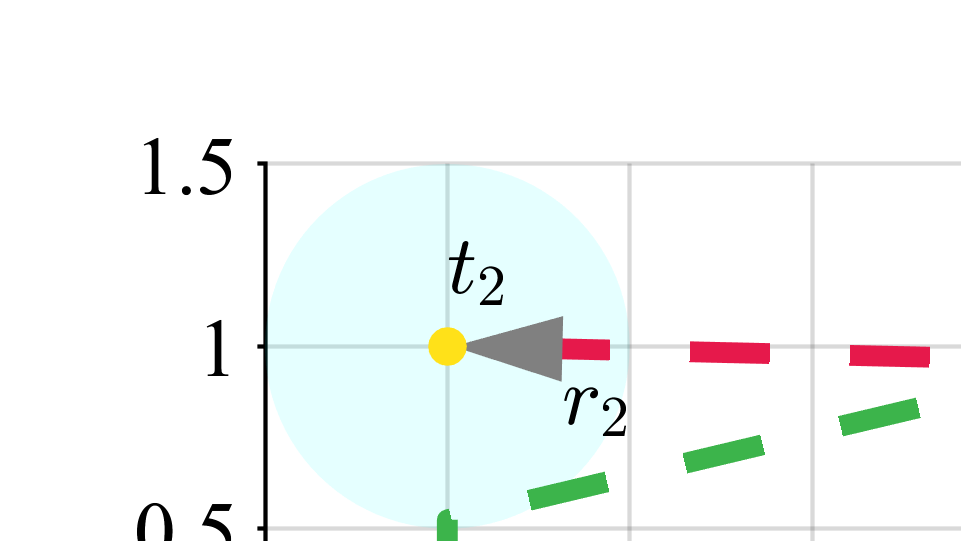In the context of heterogeneous multi-robot teams deployed for executing multiple tasks, this paper develops an energy-aware framework for allocating tasks to robots in an online fashion. With a primary focus on long-duration autonomy applications, we opt for a survivability-focused approach. Towards this end, the task prioritization and execution -- through which the allocation of tasks to robots is effectively realized -- are encoded as constraints within an optimization problem aimed at minimizing the energy consumed by the robots at each point in time. In this context, an allocation is interpreted as a prioritization of a task over all others by each of the robots. Furthermore, we present a novel framework to represent the heterogeneous capabilities of the robots, by distinguishing between the features available on the robots, and the capabilities enabled by these features. By embedding these descriptions within the optimization problem, we make the framework resilient to situations where environmental conditions make certain features unsuitable to support a capability and when component failures on the robots occur. We demonstrate the efficacy and resilience of the proposed approach in a variety of use-case scenarios, consisting of simulations and real robot experiments.
翻译:在为执行多重任务而部署的不同多机器人小组的背景下,本文件将开发一个能源意识框架,用于在网上向机器人分配任务。我们主要侧重于长期自主应用,我们选择一种以生存为重心的方法。为此,任务的优先次序和任务执行 -- -- 通过这种方式有效地实现对机器人的任务分配 -- -- 被归为在优化问题范围内的制约因素,目的是在每一个时间点最大限度地减少机器人消耗的能源。在这种情况下,分配被解释为每个机器人对所有其它任务进行优先排序。此外,我们提出了一个新的框架,通过区分机器人的现有特征和这些特征所促成的能力,来代表机器人的多种能力。通过将这些描述纳入优化问题,我们使框架适应环境条件使某些特征不适合支持某种能力的情况,以及在机器人出现部件故障时。我们展示了拟议方法在各种使用情景中的效力和复原力,包括模拟和真正的机器人实验。

